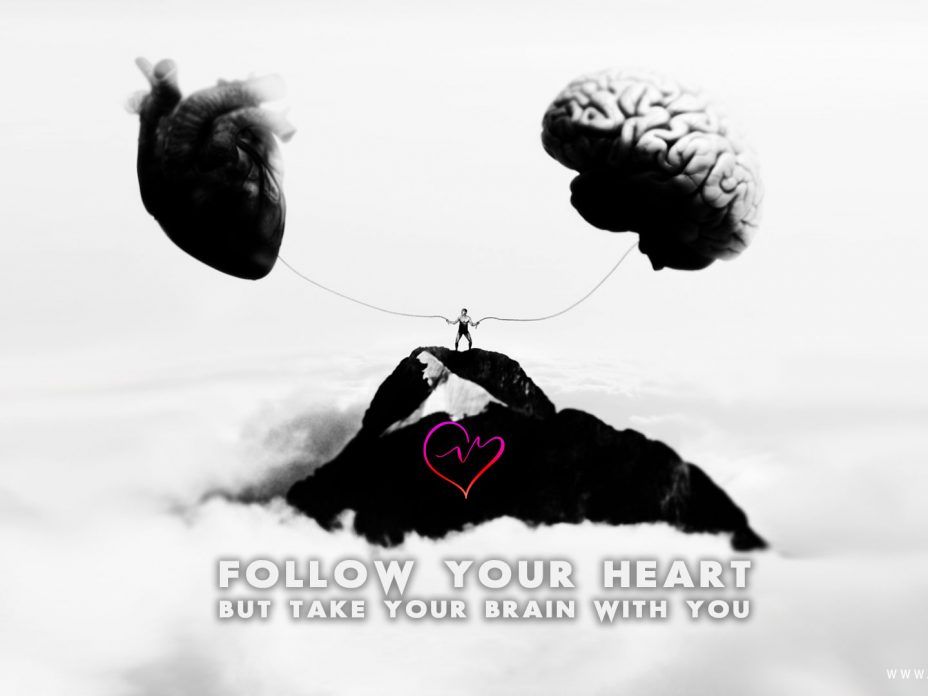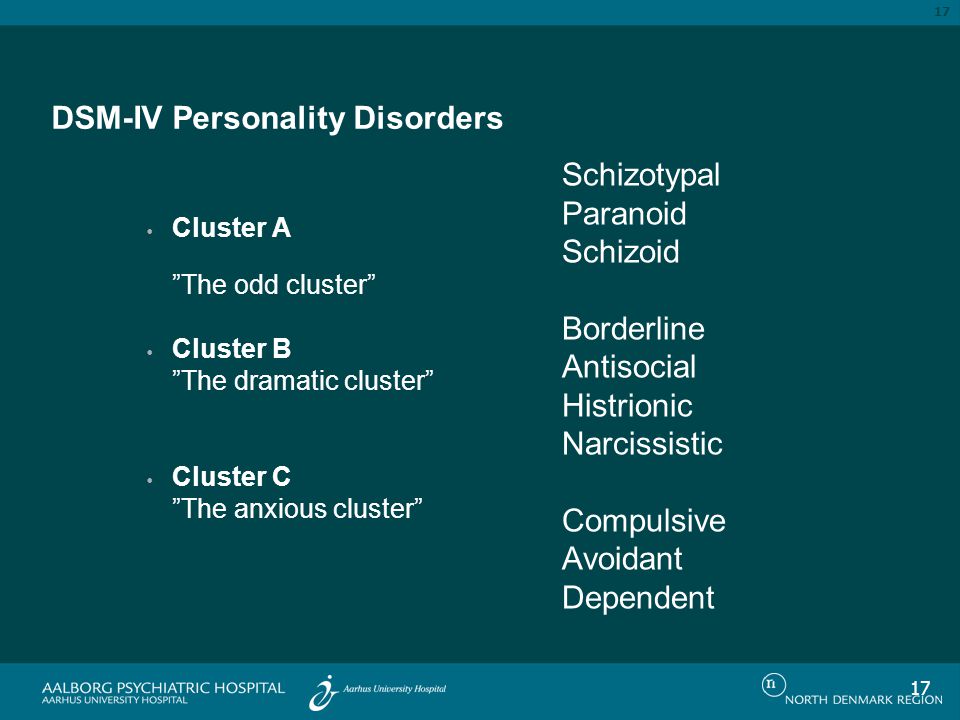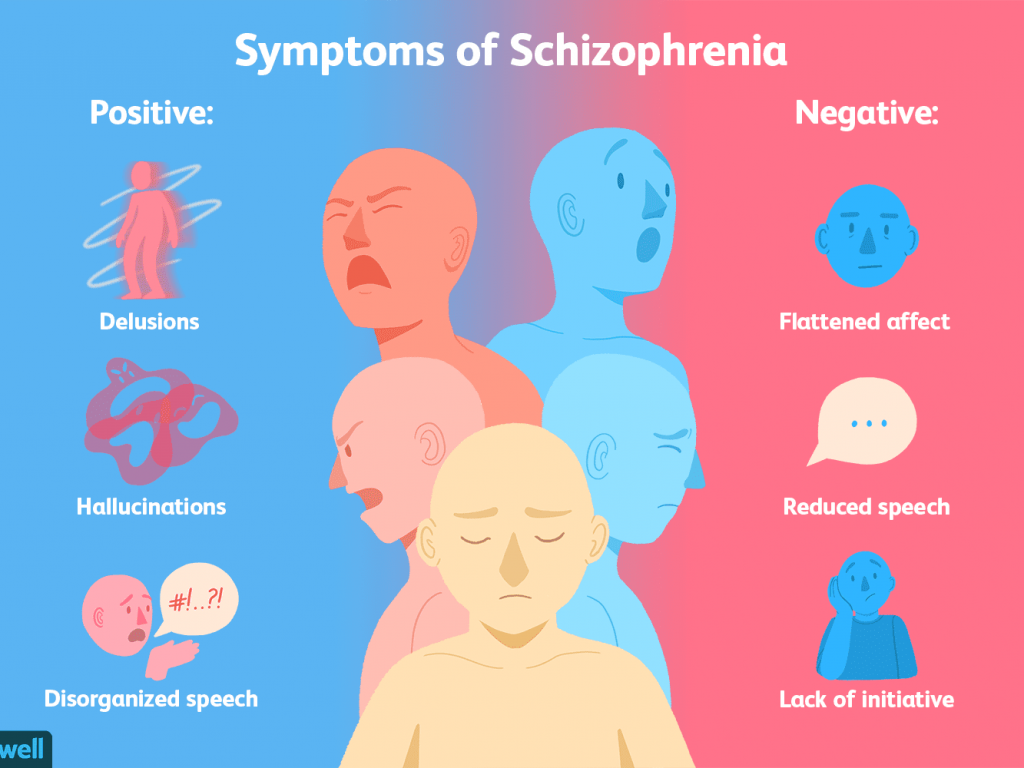How to handle trust issues in a relationship
What To Do if You Don't Trust Your Partner
Here are 8 ways to build trust in a relationship:1. Be open, acknowledge feelings & practice being vulnerable.
If you need reassurance from your partner, ask for it. If you’re feeling insecure, let them know. Invite them into knowing you, how they make you feel and how you want to make them feel. Be open about your hopes, fears and dreams.
2. Assume your partner has good intentions.
If they let you down, it may not be intentional –sometimes people simply make a mistake. Don’t immediately assume that they are out to get you, it’s okay to question their intentions but be open to accepting that it may be a simple mistake.
3. Be honest & communicate about key issues in your relationship.
Spend time every day checking-in, turning towards each other and reflecting on how things are. If there are issues in your relationship, don’t let them build, bring them into the light. Start small, speak from the “I” (I feel, I notice, I wonder) and have open starters.
4. Acknowledge how past hurts may trigger mistrust in the present.
Ask yourself: is my lack of trust due to my partner’s actions, my own insecurities, or both? Be aware of unresolved issues from your past relationships that may be triggering mistrust in the present.
5. Listen to your partner’s side of the story.
Look out of their window. Make space to ask: how did you see this situation? What is your perspective? How did it make you feel? How did you experience this?
6. Trust your intuition.
Have confidence in your own perceptions (as well as weighing them up against past experiences) and pay attention to red flags. If your gut is telling you something, don’t let it sit. Speak it. Ask that question. If you harbour it, it will grow like a thorn in the side of your relationship.
7. Practice repair after an argument.
Take a short break if you feel overwhelmed or flooded and set a time to process what happened. This will give you both time to calm down and collect your thoughts so you can have a more meaningful dialogue with your partner.
8. Know that it is not needy to say what you need.
We get SO angry and frustrated with our partners when they do not meet our needs. But have you stopped to ask yourself: “have I made this need very clear? Have I let them know how they can meet it?” Our partners are not mind readers, more often than not: we have to teach them how to meet our needs.
The natural rhythm of relationships is to go from harmony to disharmony to repair and restoration. But lots of people get stuck in disharmony and push apart so hard that they can’t or won’t engage in repair. The goal is to move forward together, not to move backward.
If trust has been broken, there are steps you can take to repair:
- Set a time to talk and name the feelings you experienced due to the breach of trust without blame or criticism.
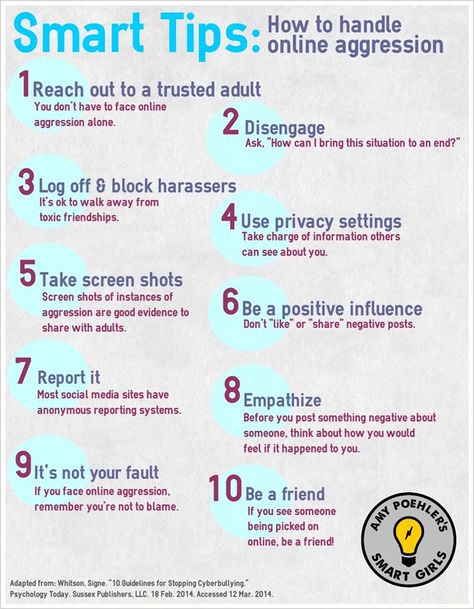
- Listening to your partner without judgment, and each of you describe your perspective and discuss any feelings that were triggered by the incident.
- Both of you assess how you contributed to the incident and hold yourselves accountable.
- Both apologise from a place of genuineness and accept the apologies.
- Develop a plan to prevent further breaches of trust from occurring.
How to Overcome Trust Issues in a Relationship (And Learn to Love Again)
Chances are good that at some point in your life, you will experience betrayal by someone you love. In most instances, this is not intentional because as humans, we make mistakes.
How you and your partner handle the situation is key to your relationship’s survival.
Table of Contents
- The Importance of Trust in a Relationship
- What Causes Trust Issues in a Relationship?
- What If You Have Previous Mistrust Experiences?
- Take the Relationship Trust Quiz
- My Personal Experience With Trust Issues
- How to Bring Back Trust in Your Relationship
- Final Thoughts
- More Tips About Strengthening Your Relationship
The Importance of Trust in a Relationship
Trust is the act of placing confidence in someone or something else. Trust is necessary for a relationship to thrive. Without it, fear rules.
Trust is necessary for a relationship to thrive. Without it, fear rules.
For a loving relationship to flourish, several aspects need to function optimally. One of the most important aspects is trust. When there are trust issues in a relationship it can create judgment and fear. Over time, suspicions and doubts about the relationship may grow.
To be truly happy in a relationship, both individuals involved must be able to trust each other. At the beginning of the relationship, there is usually a lot of excitement and small transgressions are easily forgiven and set-aside.
Once you get past the initial infatuation, however, and the relationship begins to blossom, you truly begin to learn where the relationship is headed, and a deep foundation of trust can begin to develop or diffuse.
Your subconscious will begin asking these questions:
Does this person honor what they say? Are they open about their feelings, even the negative ones? Do their actions match their words?
⌄ Scroll down to continue reading article ⌄
⌄ Scroll down to continue reading article ⌄
These questions can help you determine if they are someone you can fully trust.
What Causes Trust Issues in a Relationship?
If you have trust issues in your relationship, there are usually two places this can emanate from.
One is from an experience you had in a previous relationship that prevents you from trusting.
The second is when something has happened in your current relationship that has stirred mistrust in this relationship.
If your trust issues stem from a previous relationship, it is important to remember that no two relationships are the same. You cannot hold your current partner responsible for something that occurred in the past and something they had nothing to do with.
If your trust issues are due to your current partner creating mistrust in your relationship, this should be addressed head-on. You need to determine if you desire to move past the betrayal and work on your relationship.
If you both desire to work through things, it is worth a shot. If one or both of you is not interested in repairing the relationship, then there is not much you can do with that.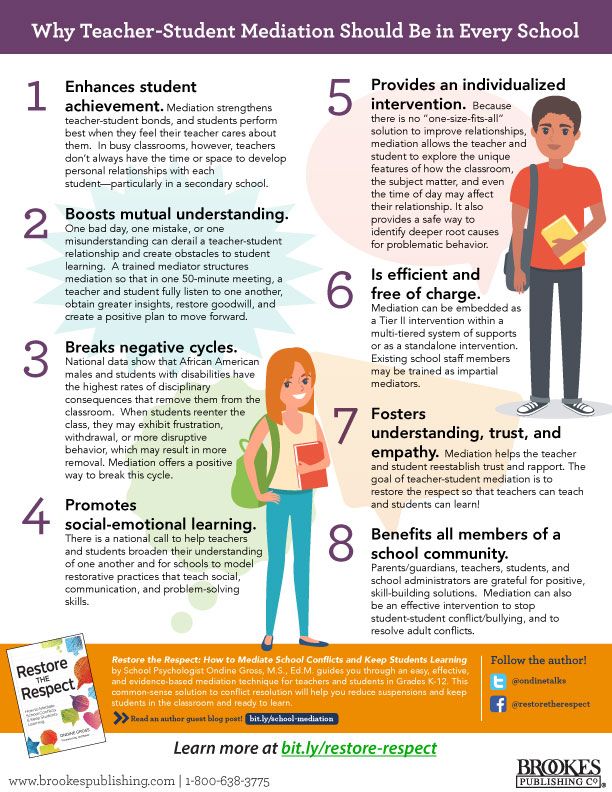
What If You Have Previous Mistrust Experiences?
Trust issues often come from early life experiences and interactions with our parents, siblings or guardians. These issues may originate as far back as childhood in the form of trauma at school with classmates.
⌄ Scroll down to continue reading article ⌄
⌄ Scroll down to continue reading article ⌄
They can stem from abuse, social rejection or just having low self-esteem. People with low self-esteem are less likely to trust others.
It may also stem from a previous romantic relationship that involved infidelity. Trust issues can be associated with depression, anxiety, fear of abandonment and attachment issues.
Take the Relationship Trust Quiz
Being open, honest, and trustworthy can help your relationship grow. These will also help you build confidence in each other. The key is to open your heart and authentically trust your partner.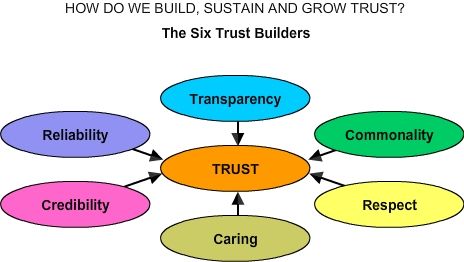
It is important to trust. If someone proves to be untrustworthy, then you can start to reevaluate your relationship.
Every relationship has its issues and challenges that push our buttons that arise during the relationship. The important key is to be proactive in addressing these issues and confront them head-on and find a resolution.
You can try taking this relationship trust quiz to help you reflect on yourself and current relationships.
My Personal Experience With Trust Issues
Have you ever wondered if friends of the opposite sex are okay? They are if you know how to set boundaries.
I had this issue come up within our relationship and had to do a reality check. A year into our relationship, my partner had a secret friend of the opposite sex. It was an emotional relationship and not a physical one, but it was on a slippery slope.
⌄ Scroll down to continue reading article ⌄
⌄ Scroll down to continue reading article ⌄
It could have ended our relationship, but fortunately for us, we were both able to move past it.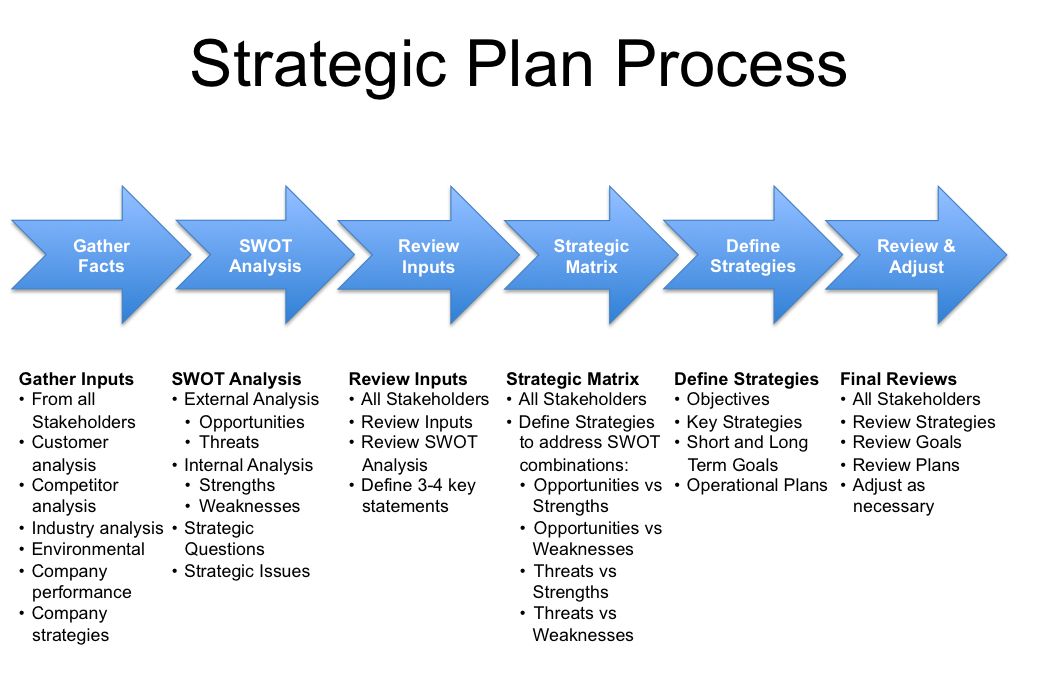 Our relationship became stronger than ever because we are both committed to us being together.
Our relationship became stronger than ever because we are both committed to us being together.
The shift for us was when I found this blog from First Things First. They list some great questions about what is healthy and what is not. When I read them out loud to my partner, it was a huge wake-up call, and he realized how he had stumbled down a dangerous path and hurt me.
Luckily for us, there was a huge shift. We met with an Emotionally Focused Therapist (EFT) and addressed the issue head-on rather than shoving things under the carpet.
For the first few months after this occurred, I did not trust him 100%, even though he said he was committed to us and our relationship.
One of my favorite quotes is by President Ronald Reagan:
“Trust but verify.”
So, while I am not proud that I did check up on him for the first few months, it did allow me to get the reassurance that I needed. It helped me realize that he was true to his words, and I learned to trust him again.
Now, after several years, there are times that something will come up that makes me cock my head – like what a dog does when they hear something. It is something that I am aware of may come up again due to my experience in this relationship.
⌄ Scroll down to continue reading article ⌄
⌄ Scroll down to continue reading article ⌄
Our relationship has been changed forever by this experience, but in many ways, it has become stronger and has helped strengthen our bond.
I learned to trust again, and you can, too.
If you have doubts about fidelity in your relationship, you may find yourself having a tough time trying to believe or understand your partner’s actions. They may be constantly trying to convince you of their loyalty.
How to Bring Back Trust in Your Relationship
Here are some ways to bring back trust in your relationship.
- Open Your Communication.
 Lack of communication can cause irreparable harm in a relationship, especially if you are relying on “hope” to magically erase issues and to go away. That simply is not going to happen. Sharing how you feel authentically is important.
Lack of communication can cause irreparable harm in a relationship, especially if you are relying on “hope” to magically erase issues and to go away. That simply is not going to happen. Sharing how you feel authentically is important. - Share Secrets With Each Other. Having secrets just between the two of you can strengthen your bond. Remind each other with words and deeds to express how much you mean to each other.
- Make Sure Your Partner Knows Your Inner Circle. This will make them feel that they belong, and this can increase your bond and ease any insecurities.
- Try to see things from their perspective. If they are not feeling comfortable trusting you fully, put yourself in their shoes to see what you can do to alleviate their concern.
- Seek therapy if needed. Find someone you can talk to individually and together to get to the bottom of your trust issues so that you move on with your life.
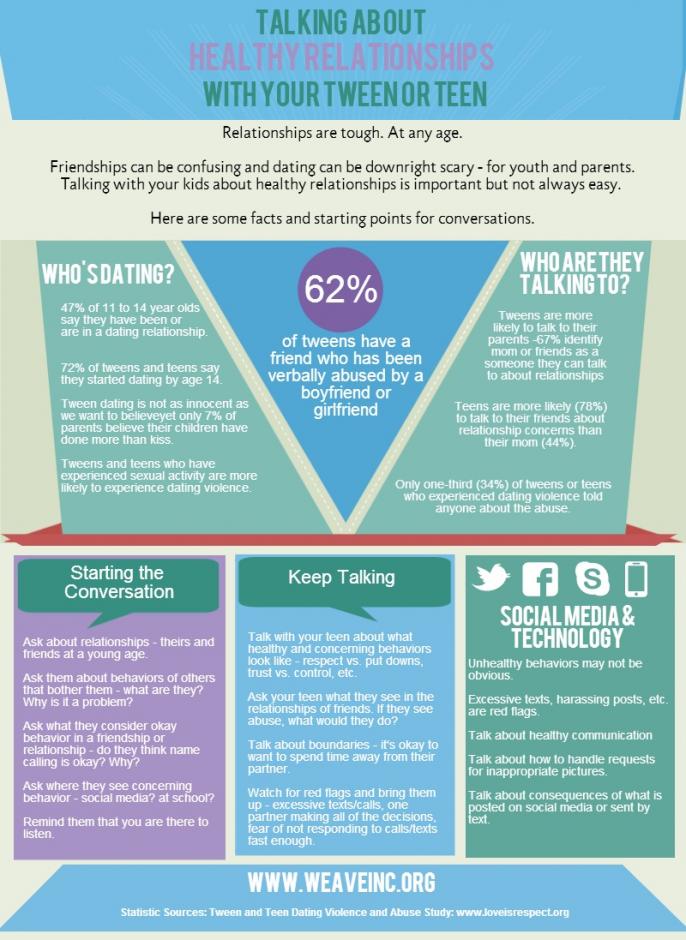
Final Thoughts
In the book, Not Just Friends: Rebuilding Trust and Recovering Your Sanity After Infidelity, Shirly Glass mentioned that it is normal to be disoriented and confused for some time after infidelity.
Movies or songs may trigger you and electrify the incident. Betrayed partners cannot seem to stop obsessing about the incident until they have all the answers, and this can take months.
Forgive the pain, but remember the lesson. Things will never be the same again when betrayal has occurred, but you can still heal and have a happy trustworthy relationship with time.
It is possible to rebuild trust in a relationship after it is broken if both partners are interested in fixing the relationship and moving forward. The key is for both individuals to open fully and communicate their feelings and realize that time heals all wounds.
⌄ Scroll down to continue reading article ⌄
⌄ Scroll down to continue reading article ⌄
Also, seek the counsel of a trusted therapist. It is ok to get help. You will be glad you did.
It is ok to get help. You will be glad you did.
More Tips About Strengthening Your Relationship
- How to Regain Broken Trust in a Relationship
- What You Really Need to Feel Secure in a Relationship
- 15 Ways to Rebuild a Broken Relationship
Featured photo credit: Joanna Nix via unsplash.com
Where trust problems come from in relationships and how to get it back
October 11, 2021 Relationship
Apologizing doesn't always make it right, and the process of rebuilding trust can take months or even years.
Strong relationships are always built on trust. It doesn't matter how willing we are to open up to other people. If trust is lost, our inner sense of security is threatened. We begin to doubt ourselves and our partner, his honesty, feelings, motives, actions. nine0003
Lies and secrets affect relationships not only with a partner, but also with family, friends, close people. We start building walls of distrust, hoping to protect ourselves. But this is not the only problem.
But this is not the only problem.
How trust problems manifest
Distrust
We find it difficult to open up to others for several reasons.
If a person has experienced betrayal in a past relationship, he may be especially prone to distrust others. Unprocessed anger and pain can make us look for a double bottom where there is none, or subconsciously attract unreliable partners. nine0003
Sometimes distrust starts in the family. If relatives abuse alcohol or drugs, or there are a lot of secrets in the family about which they lie and are silent, the child may stop trusting not only parents, but also his own understanding of reality.
Usually dad and mom don't talk about what's going on in the hope of protecting the children. But everything is quite the opposite - a lie confuses a child who feels that adults are not saying something.
Sometimes parents deliberately hide the truth, trying to impose their own vision of the situation or hide guilt and shame for what happened.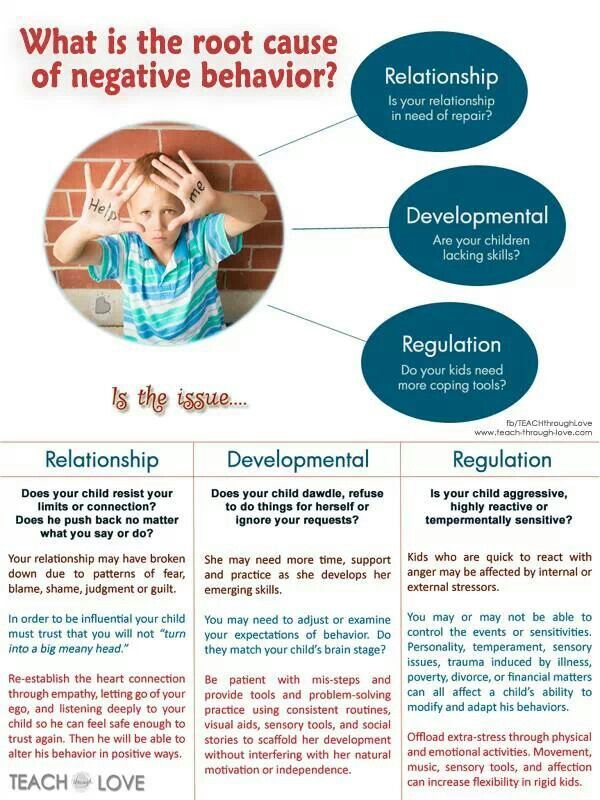 Some fathers and mothers may even blame children for family failures. Such situations further undermine the child's trust in the world around him. nine0003
Some fathers and mothers may even blame children for family failures. Such situations further undermine the child's trust in the world around him. nine0003
At the same time, even the most seemingly small things can negatively affect the understanding of trust — when parents do not keep their promises, do not pick up the child from kindergarten or school on time, and come up with a constantly changing system of punishments.
Indifference, betrayal in the family, physical or emotional abuse - all this also undermines the inner sense of trust in the world.
Excessive trust
The encounter with abuse and psychological trauma lead not only to distrust, but also to excessive trust. Some people even experience both of these scenarios. nine0003
There are other factors that cause a person to trust others too much, and which can manifest themselves both separately and together. Among them are the idealization of a partner, dependence on relationships or the desire for them to be trusting.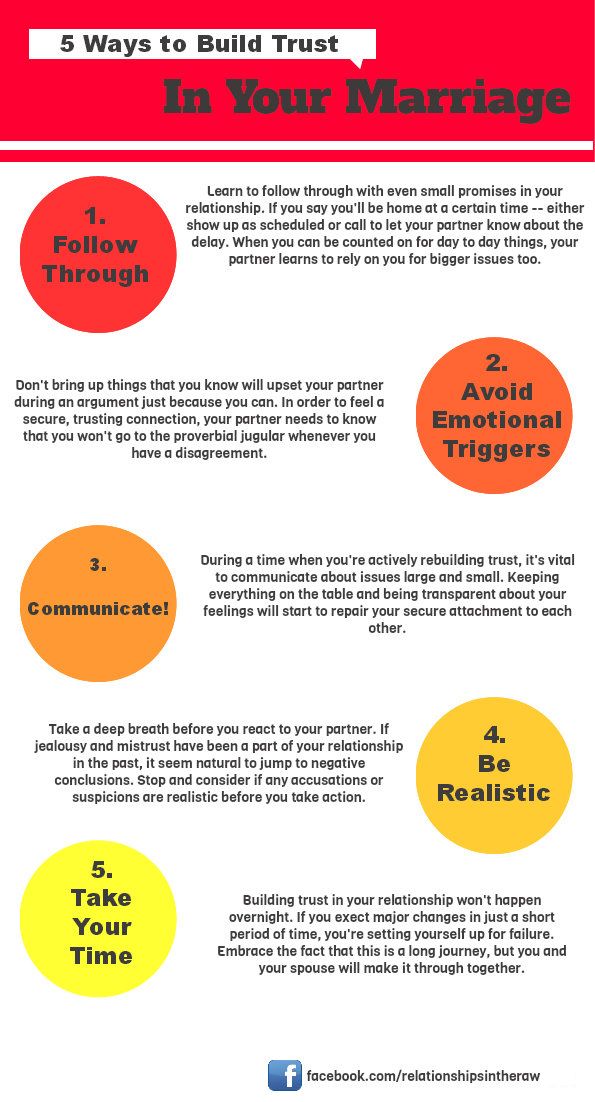
Despite the fact that the family can seriously undermine trust, the childish desire to open up to others does not go anywhere. This subconscious yearning for truly meaningful relationships leads the person to project trust onto the wrong people in an attempt to create an almost familial feeling of intimacy. nine0003
Add to this relationship addiction and a desire for care, and here we are already denying obvious arguments and signals and doing our best to continue to believe in a person who constantly undermines our trust.
In addition, when parents deny the reality of the child, he ceases to pay attention to his feelings and intuition. All this leads to excessive trust, especially in relation to loved ones.
How to regain the trust of a loved one
Unfortunately, you can't go into the past and change family relationships. But if we have betrayed or violated the trust of a person dear to us, it is still possible, although difficult, to turn the tide. The main thing is to approach the issue as gently and accurately as possible. nine0003
The main thing is to approach the issue as gently and accurately as possible. nine0003
Broken trust cannot be restored by simple apologies, and explanations and excuses can even worsen the situation. There are seven steps you can take to try to rebuild a close relationship:
- Listen carefully to your partner.
- Let his feelings go through you.
- Ask what can be done to never betray his trust again.
- Try to do everything possible to regain the trust of a loved one.
- Take responsibility for your actions: do not blame others and do not ignore problems. nine0048
- Sincerely apologize.
- Continue to have an open and honest dialogue.
The last point is especially important. It is worth asking your partner how best to make amends and what to do so that this situation does not happen again. These questions will help your loved one feel that their emotions and needs are being respected.
When it comes to serious betrayal, you will have to discuss the relationship and decide if it can be saved and how to do it.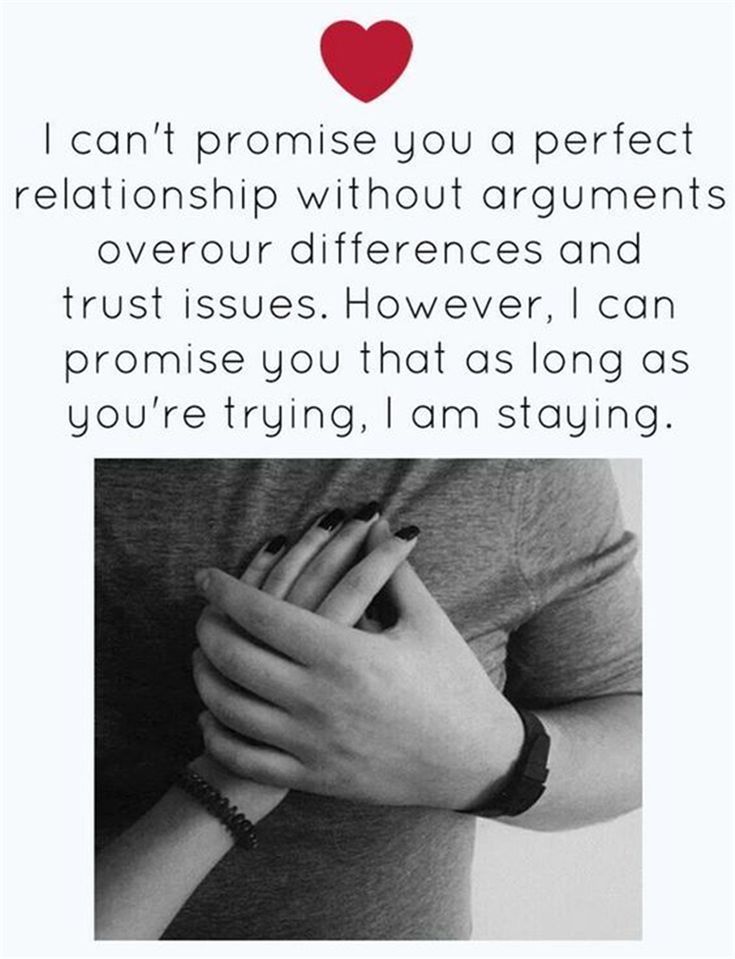
If it is not possible to restore trust through dialogue, the problem recurs, or the matter concerns infidelity, it is worth contacting a specialist. It will help partners open up to each other and find the source of the problem. Seeking help outside of a relationship is not a weakness. On the contrary, it shows a willingness to work on the union and strengthen it. nine0003
Loss of trust is a real test for a relationship. At first, it may seem that the partner has forgiven and everything has returned to normal. In fact, a loved one may still be tormented and worried about what happened. It can take months or even years to fully heal. Be there and help a loved one heal wounds.
Read also 🧐
- 10 tips to strengthen relationships
- How to forgive a loved one and start trusting him again
- Why we don't trust people and should we start
How to learn to trust people, what to do with the loss of trust and how to restore it
37321
48
3
Difficulties with trust lead to many problems - ranging from low self-esteem to all sorts of addictions. This means that trusting people is a necessity in order to have a healthy psyche, be in a resource, understand your boundaries, and avoid violating your personal space. nine0003
This means that trusting people is a necessity in order to have a healthy psyche, be in a resource, understand your boundaries, and avoid violating your personal space. nine0003
In this article, we will understand how trust is formed from the point of view of psychology, why a person does not trust, what are the reasons for distrust, and how to learn to trust after betrayal.
Article content
- What is trust and how does it work nine0105 How trust is formed
- Where does distrust of people come from? nine0048
- How to restore trust that has been eroded nine0105 FAQ
- Expert opinion nine0061
- Basic trust is laid in us in infancy. The first few years of a child's life are an important stage in which parents meet all the needs of the child, which means they form a sense of security, orderliness and predictability. It is these feelings that give the child an understanding that the world can be trusted.
The needs of the child are not only food, drink, clothing, hygiene. Care, affection, acceptance are important elements of the need that form trust. nine0198
- Growing up, the child pays attention to how parents communicate, how they communicate with acquaintances and strangers, how they declare their desires, whether or not they keep their promises.
 That is, a child already in adolescence continues to form his trust in the world through the words and actions of his parents.
That is, a child already in adolescence continues to form his trust in the world through the words and actions of his parents. Such phrases as: “You can't trust anyone”, “There are only enemies around”, “The world is evil” will form distrust and undermine self-confidence not only in a child, but also in an adult. nine0196
If a person has not learned to trust himself, then no one will trust him either. But the good news is that the skill of trust can be "pumped".
- It is important for an adult to take care of himself, to increase his confidence in order to “transmit” this feeling to a child. If a parent is psychologically unstable (shouts, gets nervous, breaks down, constantly expresses his dissatisfaction), then it is difficult for a child to trust this parent, which means that he cannot trust the world. nine0002 If, as an adult, you encounter betrayal or deceit from any person, then you will not lose your basic trust (accumulated from childhood), you will draw conclusions and begin to trust this particular person less, and not the whole world and all people.
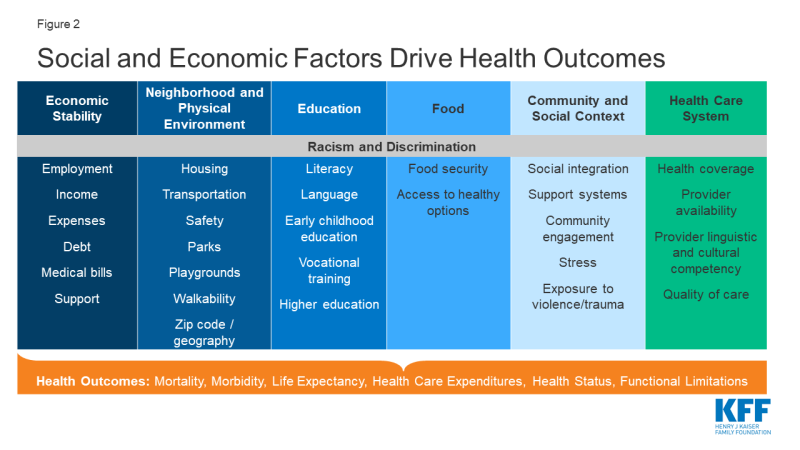
- unpredictable parental behavior (what is called "from extreme to extreme" - anger is replaced by mercy, and friendliness - aggression)
- neglect, criticism, lack of attention, support, interest, indifference from parents
- absence of the usual daily routine, rituals, traditions, personal space
- stressful events in the immediate environment and in the world
- public influence and propaganda
- betrayal by a man.
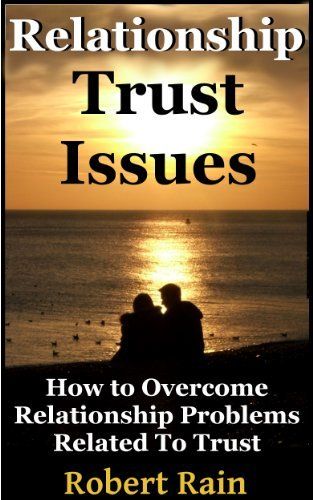 Total distrust of a man, as a rule, arises from events such as betrayal, deceit, and abusive relationships. nine0048
Total distrust of a man, as a rule, arises from events such as betrayal, deceit, and abusive relationships. nine0048 - personal qualities and temperament. People who are insecure, timid, and prone to anxiety have more trust issues.
- Try to remember a situation after which you lost trust in someone. Most likely, this situation stretches from childhood. Mentally forgive your offender. You can write him a letter and tell him how you feel. You do not need to give the letter - tear it up or burn it. The letter will help structure thoughts and “live” the situation.
- Remember situations in which others behaved honestly, did not deceive you, and your expectation was fully justified.
 As a rule, good things are quickly forgotten, but we remember the negative for a long time and carry experiences with us. Good stories from the past will help you see that the world can be trusted. nine0048
As a rule, good things are quickly forgotten, but we remember the negative for a long time and carry experiences with us. Good stories from the past will help you see that the world can be trusted. nine0048 - Talk to a psychologist. Don't be afraid that someone will judge you. All information about you will remain between you and the specialist. For your comfort, you can get advice online without leaving your home.
- Talk to your partner or loved ones, discuss your wants and needs, agree to be open about what is important and what you expect from the other. If you are aware of the expectations of others, and they, accordingly, of yours, then misunderstandings can be avoided. nine0048
- 2007 - 2008 Children's polyclinic No. 4 - teacher psychologist
- 2008 - 2009Healthy Country LLC - Clinical Psychologist
- 2009 - 2021 Republican Narcological Dispensary - psychologist
- 2012 - 2013 Occupational medicine - psychologist
- 2013 - 2015 LLC Vozrozhdenie - psychologist
- 2019 to present Teledoctor24 LLC - psychologist
- ... Mikhail Labkovsky "I want and I will: Accept yourself, love life and become happy." Eksmo. 2017
- .
 .. Andrey Kurpatov “The main questions of life. Universal Rules. Capital 2020.
.. Andrey Kurpatov “The main questions of life. Universal Rules. Capital 2020. - ... Robin Norwood Women Who Love Too Much0048
What is trust and what is it like
Trust is the belief that a certain person, in certain circumstances, will live up to your expectation.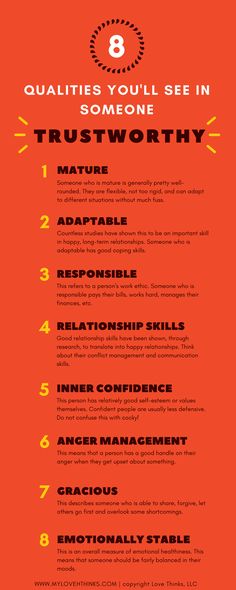 Trust also includes the ability to take risks and adequately assess the consequences if expectations are not met. An important component of this feeling is a sense of psychological security, comfortable contact with the outside world.
Trust also includes the ability to take risks and adequately assess the consequences if expectations are not met. An important component of this feeling is a sense of psychological security, comfortable contact with the outside world.
In life there is no single criterion of normal trust. Someone trusts others so much that they can leave it in a public place and be sure that they will not steal it, while someone every minute expects a “trick” from life and even looks for a hidden meaning in a simple friendly question. In each specific situation and each person will have their own evaluation criterion. nine0003
| Where is it important to trust each other | What causes mistrust |
| In a relationship | Loss of trust between a man and a woman gives rise to jealousy, manipulation, problems in communication and intimate life nine0134 |
| In child-parent relationships | Distrust leads to violation of personal space, problems with separation, infantilism, lies and addictions. |
| In the workplace and in relation to superiors | If you feel distrustful of colleagues, then burnout and overwork will be your frequent companions due to excessive overload from the desire to control everything. nine0003 |
| Trust in yourself | An important point at which distrust threatens with a decrease in self-esteem, the development of complexes, embarrassment and self-doubt, poor adaptation to society |
In any field, it is important to learn to trust. Interaction between doctor and patient, between student and teacher, between hairdresser and client – wherever we encounter other people, trust facilitates social contact. nine0003
The person who distrusts people is nervous, worried, prone to stress, emotional burnout and apathy. He experiences difficulties in almost all areas of life. But most of all suffers career and personal life.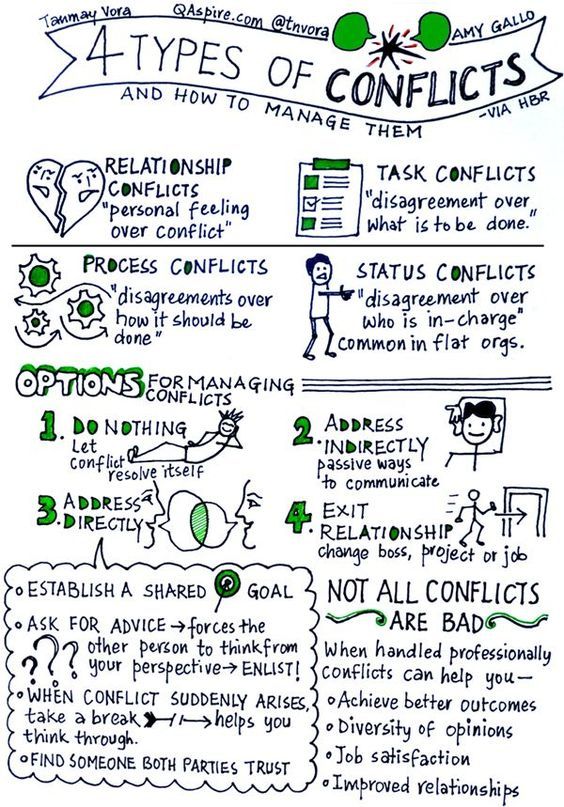
A trusting person, on the contrary, is open, friendly, calm, relaxed.
How trust is built
Pathological mistrust does not just appear out of nowhere. The grounds for doubt, uncertainty and mistrust are complex. nine0003
Here is an example mechanism for building trust:
Important! If, after a deceit, betrayal or other similar situation, you feel distrust of the whole world, then it means that you have had problems for a long time. Remember that trust cannot be destroyed by the actions of one person. nine0003
Where does distrust of people come from
There are many reasons for distrust from the point of view of psychology. Most of the situations that breed distrust happened to us in childhood and adolescence. If mom or dad has trust issues, then the child will copy this behavior.
Among these points are:
Here are a few more reasons for incredulity:
How to restore trust that has been broken
If you realize that you have trust issues, then this is already a big step towards "pumping" this feeling. Learning to trust for someone who has never done it before is like jumping into an abyss, it's scary to take a step, to let go of control, not to think negatively about the future. nine0003
Book an online consultation if you feel you have trust issues. Our psychologists will conduct an individual consultation, where they will help you develop a plan to restore confidence and maintain emotional balance. You can ask for help at any time convenient for you.
FAQ
I have reason not to trust my partner. I feel change. What to do? nine0003
I feel change. What to do? nine0003
+
Talk openly with your partner. State your suspicions and see how they react. What does he tell you in response, does he feel guilty, does he leave the conversation, goes into dialogue. Make an appointment with a psychologist, otherwise anxiety and doubt will lead to emotional imbalance.
I open up to people too quickly. I want to learn the opposite. How to be?
+
Your problem is that you have no personal boundaries. You strive to be accepted, understood, and satisfied with your need for care, which opens up very quickly when someone shows interest in you. Try to set boundaries and change tactics. A psychologist will help you make an accurate plan. nine0003
Where does insecurity come from?
+
This is a consequence of the characteristics of the character, the atmosphere in the family and social pressure on a person.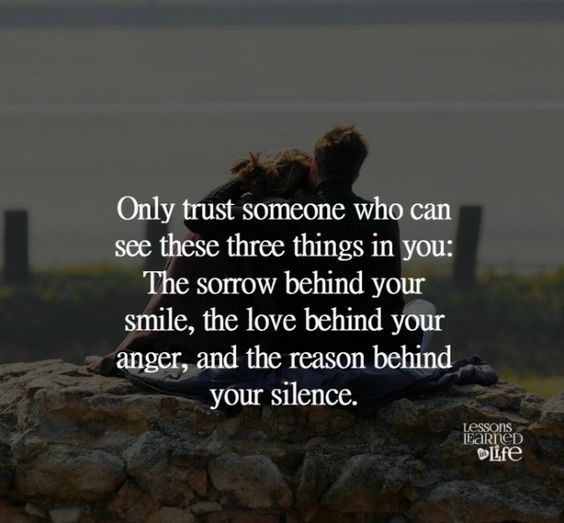 Usually, the lack of self-confidence is associated with a complex of factors - personal traits, strict parents, negative experiences or wrong attitudes.
Usually, the lack of self-confidence is associated with a complex of factors - personal traits, strict parents, negative experiences or wrong attitudes.
How do you know when to ask for help?
+
If you have realized your problem, are trying to solve it on your own, change your behavior, but anxiety, stress and nervous experience remain, then you definitely need to sign up for a consultation with a psychologist. nine0003
Expert opinion
Lack of confidence leads to health problems. Psycho-emotional stability is the basis of our interaction in society. If you started the fight with distrust, take your time. Perhaps you will not notice the effect immediately, and distrust will still disturb you at certain moments, but in general, you will notice that life has begun to take on colors, people have become more open to you, and you are no longer afraid of the negative consequences of high expectations.
nine0094 We publish only verified informationArticle author
Monakhova Albina Petrovna clinical psychologist nine0003
Experience 17 years
Consultations 1439
Articles 292
Specialist in clinical psychology.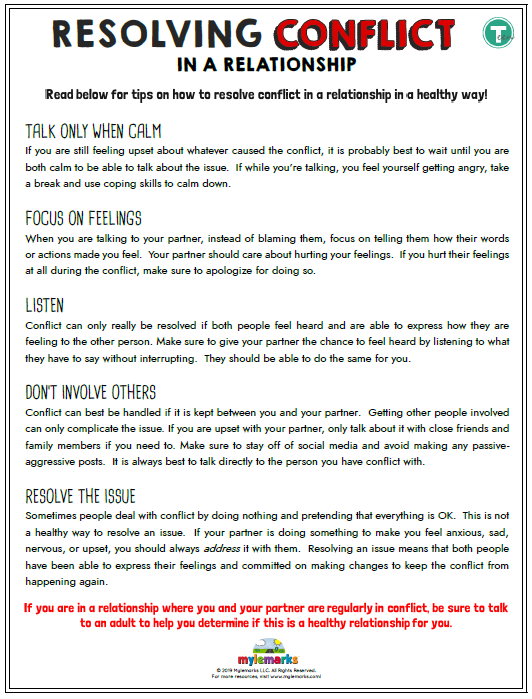 Help in finding tools for self-realization, working out beliefs, fears and anxieties. Work with self-attitude, internal boundaries, understanding of interaction with society through conscious personal changes.
Help in finding tools for self-realization, working out beliefs, fears and anxieties. Work with self-attitude, internal boundaries, understanding of interaction with society through conscious personal changes.
Sources
Share:
Category: Psychology
About health Pregnancy and childbirth About children healthy lifestyle Psychology Neurology Gastroenterology Personal care Medicines and dietary supplements nine0002 Previous articleHow to learn to speak your mind
Next article
How to get rid of intrusive thoughts
Other related articles
Esakova Ekaterina Yurievna
16.





